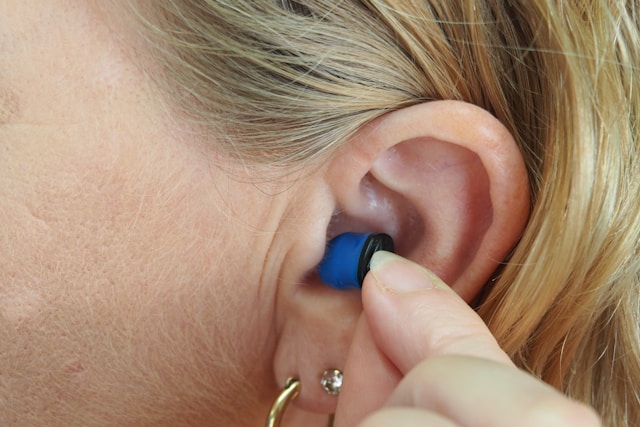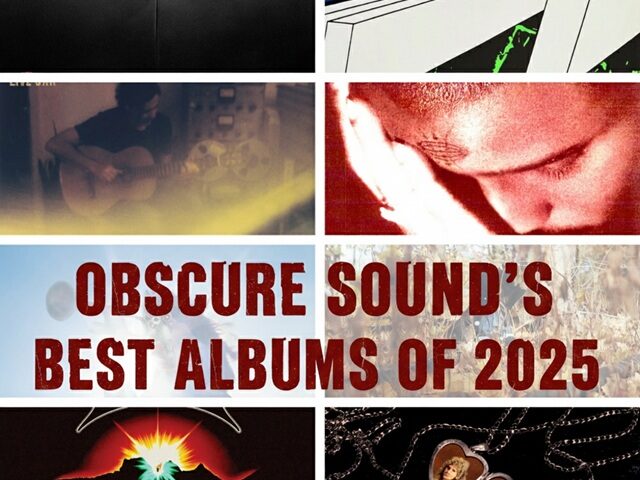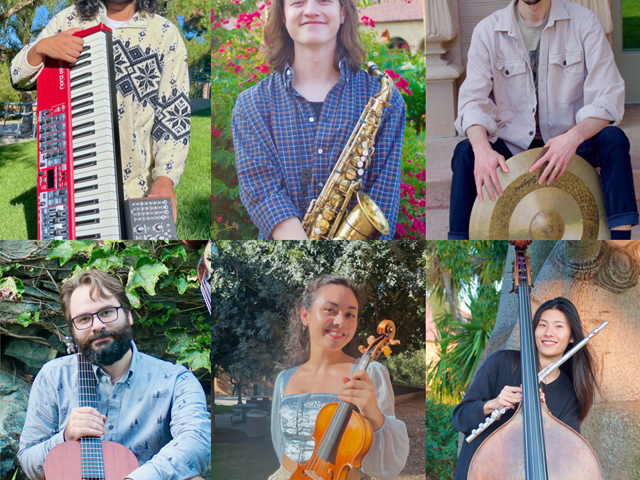Have you ever heard an experienced musician complain about ringing in their ears during a jam session? It could be a more serious problem than a temporary head cold.
Tinnitus, a condition common among musicians who frequently expose themselves to loud music, could lead to permanent hearing loss. That’s something that musicians or DJs fear more than most — imagine not hearing the music your life revolves around?
While most hearing problems among musicians stem from excessive noise exposure or ear infections, others may arise from genetic and structural ear differences that affect the shape or function of the outer ear from birth. And for many, these differences don’t stop them from becoming passionate, skilled musicians who adapt and thrive in their craft.
How can musicians play loud without risking their precious hearing? The following tips can keep your hearing proud and healthy.

1. Invest in Musician Earplugs
In 1988, Elmer V. Carlson invented special earplugs to help musicians performing live avoid problems like tinnitus. These plugs had flat attenuations, meaning bass and treble notes balance out to keep music’s lower and higher frequencies at a level while reducing by 15 decibels on entering your ears.
Etymotic Research got permission to use Carlson’s patent and released the ER15 musicians’ earplugs soon afterward. In 1992, the company released the ETY plug — a one-size-fits-all model.
A modern version of this earplug is the ER-20XS, which has standard and large sizes. Most musicians use the standard — but if you’re the size of Meat Loaf or Steve Harwell from Smashmouth, you might find the large size handy.
The 15 decibel sound reduction that the ER15 and ER-20XS provide means exposure to your loud music can be 32 times as long as without hearing protection — it’s worth getting custom earplugs if you plan on taking the stage for as long as Keith Richards.
2. Wear In-Ear Monitors
Another option to protect your hearing on stage is wearing in-ear monitors (IEMs) while gigging. For pro musicians, using these is more the rule than the exception nowadays, and for good reason. For 85 decibels of regular noise exposure, experts suggest wearing ear protection. Eighty-five decibels is less noise than your average traffic or a rock concert.
Without ear protection, you’d have many deaf rock stars around — not exactly ideal when your life’s about releasing records.
IEMs reduce your overall exposure to loud sounds and protect your hearing. They’re common among stage musicians and audio engineers who face prolonged exposure to extreme music levels.
Working with wireless technology, IEMs use transmitters and receivers to allow the transfer of VHF or UHF radio frequencies to your earpieces. For maximum comfort and effectiveness, get yourself a custom-made pair, which provides upward of 25 decibels of noise reduction. If you’re on stage, you can always slip one out occasionally to allow for more ambient sound.
3. Check Your Hearing Regularly
Regular loud music is part of being a musician, but another part is ensuring you have a long and successful career. Without compromising your sound quality or volume, you must take responsibility by checking your hearing at least annually to identify any hearing loss and remedying it through early treatment. Visit your audiologist frequently, especially if you start turning the volume up further to hear Bruce Springsteen belting “Born to Run” on a road trip.
If you’ve been to a hearing health care professional before, you may remember wearing headphones and signaling when you hear a beeping sound. This process is called a pure-tone test — the most common hearing screening for adults — enabling your audiologist to measure your hearing capacity accurately. If you pass this test, all is good, but failing means you’ll need more in-depth testing to see if your hearing requires further treatment.
4. Take a Time Out
Chill a bit after a gig or rehearsal to give your ears some recovery time. They work overtime every time you expose them to loud music for long periods, resulting in a kind of audio fatigue.
If you’re taking a break between sets or have finished a successful performance, find an adjacent bar or room at the venue where the music is lower. This time out can prevent long-term hearing damage and allow you time to destress, which is vital in alleviating or avoiding tinnitus.
5. Avoid Cleaning Your Ears With Cotton Buds
Seriously. Otolaryngologists — the fancy name for ear, nose and throat specialists — warn against using Q-tips because of the ear complications they can cause. A study shows that 62.7% of its participants knew that cotton buds can damage the ear, but 50.1% believed they have a benefit. In truth, these buds are the most common cause of eardrum trauma among children. Maybe you still use them to remove earwax.
Q-tips often push wax deeper into your ear, and are a common cause of ear infections. Your ear’s external auditory canal has a decent self-cleaning system, so you should only use cotton earbuds to clean the external part of the ear, relieve itching close to the entrance and remove excess surface liquid. Pushing a Q-tip deep into your ear could cause severe damage, affecting your hearing. Mistakes happen, so don’t risk it.
Keep Playing Loud, But Be Cautious
As a musician, your hearing is everything. Protect it to ensure you’re still on stage and proud when you’re 64. At least.





